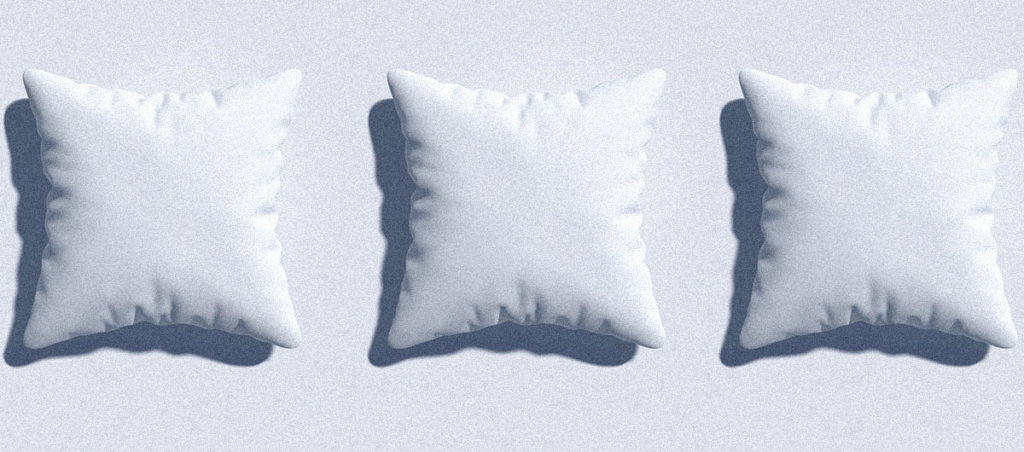In a year defined and motivated by rage, protest, fear, and heartbreak, closing out 2020 with rest might be the most powerful statement we can make.
This article was made possible because of the generous support of DAME members. We urgently need your help to keep publishing. Will you contribute just $5 a month to support our journalism?
I want to tell you something. Not because I’m the boss of you or have any training or even a place of influence in American letters, but because I watch the world and the people in it and I think that in this American moment, you might need to hear it. That I might need to hear it, too.
Your rage is righteous. Your fear is rational. And you get to rest.
I believe that anger can be holy—that when Moses smashed the tablets and Jesus cleared the temple, they were saying something people needed to hear. The Stonewall uprising was holy; so are the Black Lives Matter protests. And honestly, as 2020 draws to a close, if you’re not angry, you’re not paying attention.
And whatever is frightening you in this American moment—the virus, the threat to democracy, the potential for financial crisis (national or personal)—it’s all scary as sh*t. Your instincts are right. Fear (not panic) motivates us to take protective action, and I encourage you to seek out good information that will help you protect yourself and whatever or whoever matters to you. You are not making this sh*t up.
But the rest that you need is just as real, just as righteous, and just as rational. Rest is just as holy.
I think it’s easy to forget that being angry isn’t the work of social justice, that feeling fear won’t protect us from the fearful thing. Maintaining a low-level boil at all times can give us the sense that we’re keeping our guard up, but on the contrary, staying rooted in these emotions wears us down.
It’s just chemistry: Anger and fear activate our amygdala, the part of the brain that coordinates reactions to emotion-triggering experiences. The amygdala then sets off a chain of events that results in your adrenal glands (you have two, one on top of each kidney) releasing stress hormones, including cortisol. When cortisol levels are elevated, it can compromise our capacity to make good judgment calls, form new memories, and produce serotonin – the happy hormone.
But then, you knew that already. You know you can’t remember exactly what you said when you got so mad that one time; you know you don’t always make your most felicitous choices when you’re led by fear; and you know that neither of those experiences makes you happy.
Which is okay. The downsides of cortisol-triggering emotions are part of the human experience, and we are nothing if not human. But chronically elevated cortisol levels leave us in that suboptimal mental state and have the potential to damage our immune systems, worsen conditions like migraines, and even (who knew?) decrease bone density. This is all to say: Living in a constant state of fear or anger doesn’t serve anyone, least of all you.
What does serve you is rest. By which I mean, and I want you to make sure you have your listening ears on, real rest, not moving your laptop from the desk to the couch.
Genuinely restorative rest can take any number of forms. Maybe it’s naps; maybe it’s long walks. It can involve engaging in activities that act as white noise for your amygdala or just give you joy (remember joy?)—knitting, singing, watching a documentary about typography. It’s probably a combination of things because, aside from anything else, real rest takes time. You can power nap your way through college finals but not through a pandemic. Not through life.
Pandemic or not, we live in a society that venerates “productivity” over human needs. Whether it’s capitalism or a sense of political urgency, taking a break can feel like cheating, the break itself a thing we have to earn—much like vacation days in white-collar America.
So that’s what I want to tell you: You don’t have to work for your rest. Your right to it is as inalienable as your right to life, liberty, and the pursuit of happiness. It’s not a thing that anyone can grant you, because you already have it.
I would argue that not only do you have a right to rest, but by claiming that right, you are engaging in an act of political defiance. In the early 20th century, white Jewish anarchist and feminist Emma Goldman wrote, “I did not believe that a Cause which stood for a beautiful ideal, for anarchism, for release and freedom from conventions and prejudice, should demand the denial of life and joy.” In 2016, Black performance artist and theologian Tricia Hersey launched The Nap Ministry, based on the idea that “rest is a form of resistance,” calling sleep deprivation “a racial and social justice issue.” As a Jewish woman of faith, I have long argued that by resting on the seventh day of creation, God was teaching us that we, too, may rest—and I would equally argue that you don’t have to believe in any sort of God at all to feel the wisdom of that story in your weary bones.
These are dark days. Everyone is carrying so much. Your rage is righteous, and your fear rational.
But your rest is righteous, too. Claim it for yourself.
